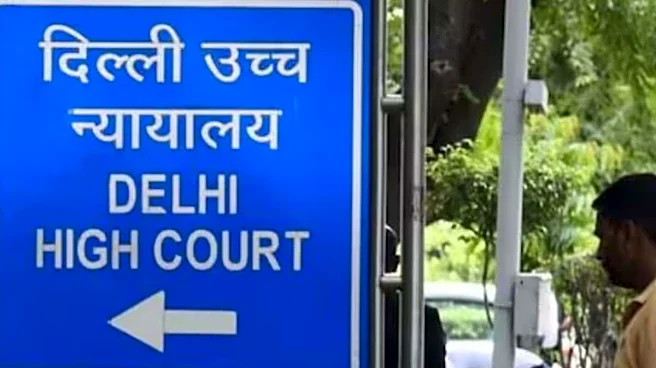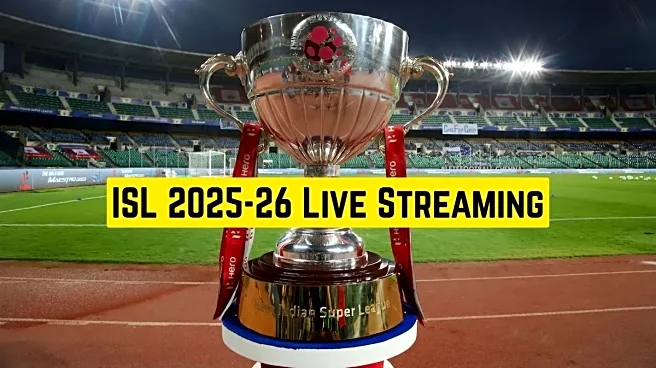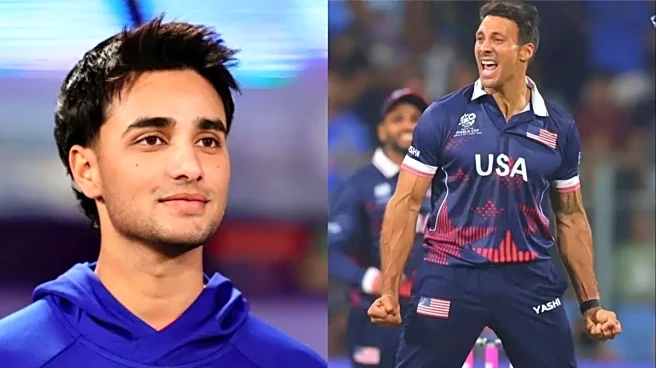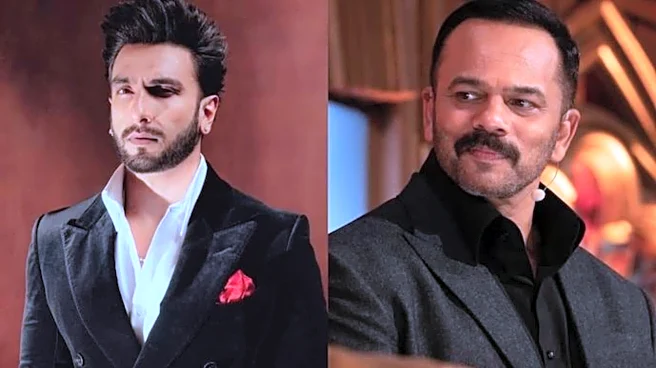Judges of the Intellectual Property Division (IPD) in the Delhi High Court will now have the support of additional law researchers with techno-legal qualifications, as the court has created a specialised
pool of researchers for handling complex IP disputes.
The change comes after an amendment to the Delhi High Court Intellectual Property Rights Division Rules, 2022, allowing the court to recruit researchers with technical degrees—including engineering, pharmacy, science, medicine, and even PhDs—to assist judges in patent, pharmaceutical, and technology-related cases.
The amendment was authorised under Section 7 of the Delhi High Court Act, 1966, and powers under various intellectual property statutes.
The IPD law researcher works closely with judges belonging to the IPD and the IP Appellate Division in order to assist them in the adjudication of disputes. The technical knowledge possessed by these researchers is contemplated to provide greater understanding and context to the techno-legal issues.
Previously, the rules mandated technical qualifications but lacked specificity on degrees or professional backgrounds acceptable for the role.
The amendment introduces a detailed list of acceptable qualifications, including BTech, BE, BPharm, MTech, MSc, ME, MBBS, BDS, MD, MS, or PhD. The list also included the registered patent agents and trademark agents, advocates with one to two years of IP experience, and chartered accountants with IPR experience.
The amendment has also expanded the scope of work and listed that researchers must prepare technical case briefs and write technical primers, apart from giving comparative industry analyses and updating judges on emerging IP trends, while also helping in preparing the IPD’s annual report.
This is the first time that a pool of techno-legal researchers for judges has been formed.
The researchers must be Indian citizens, and they earn a minimum salary of Rs 65,000 per month, commensurate with qualifications and experience, and they must not be above the age of 32 years, though the IPD committee may grant exceptions in appropriate cases.
These positions, as per the amendments, are short-term contractual roles extendable up to three years (exceptionally four years) and do not confer permanent employment rights at the Delhi High Court.
The rules also stated that after their tenure ends, researchers cannot appear before the judges they worked with for one year, nor before judges whose rulings they helped draft for one year from that judgment’s date.
The amendments were needed, as patent disputes now frequently involve advanced fields such as biotechnology, pharmaceuticals, medical devices, telecommunications, semiconductors, and software-based inventions, which demand deep technical understanding beyond conventional legal training.
In the absence of specialised techno‑legal support, there is a risk of inconsistent or delayed decisions, a Delhi government official told News18.
The Delhi High Court’s IP Division already handles a disproportionate share of India’s high‑stakes IP cases, including multinational pharma and technology litigation, making it a natural first mover for institutionalising techno‑legal researcher posts.
By formally specifying technical degrees, IP experience, and domain expertise, the court is signalling that resolving such disputes now requires structured in‑house technical capacity rather than ad‑hoc reliance on party‑appointed experts alone.


/images/ppid_a911dc6a-image-177105042575465447.webp)

/images/ppid_a911dc6a-image-177105033328862095.webp)
/images/ppid_a911dc6a-image-177105037137039801.webp)







/images/ppid_59c68470-image-177105003415990657.webp)

/images/ppid_59c68470-image-177105003432353455.webp)
/images/ppid_a911dc6a-image-177104902795770968.webp)